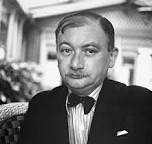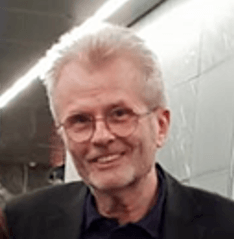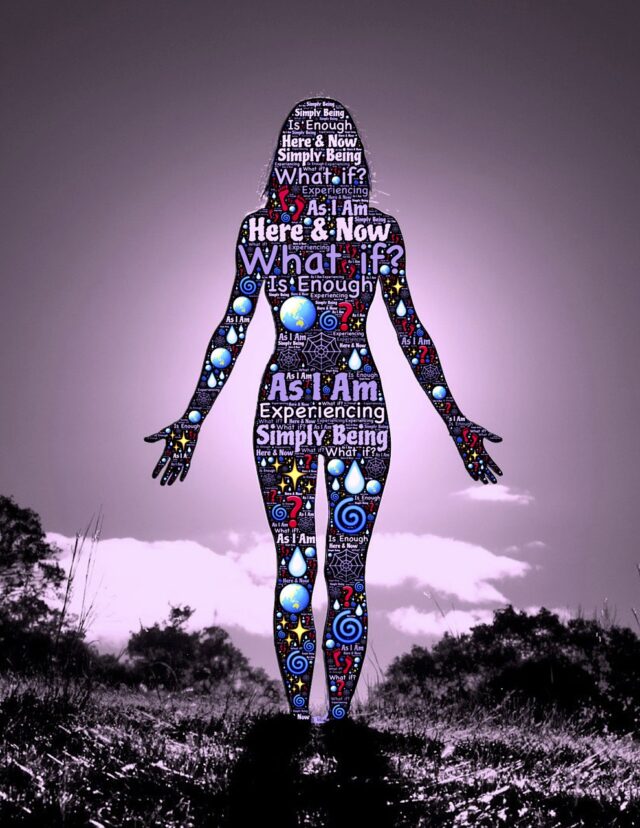Das Schloß, or The Castle, is a novel by Franz Kafka, one of the most influential authors of the 20th century. Kafka’s work, characterized by its themes of alienation, physical and psychological brutality, conflict between parents and children, characters on a terrifying quest, and mystical transformations, has had a significant impact on literature and philosophy.
The Castle is one of Kafka’s most emblematic works. It tells the story of K., a land surveyor who arrives in a village governed by a mysterious bureaucracy operating from a castle. K.’s attempts to gain access to the elusive castle officials lead him through a labyrinth of non-sequiturs, absurd situations, and surreal encounters.
The central message of The Castle is often interpreted as man’s eternal struggle against an inscrutable authority. Kafka presents an opaque and bureaucratic system where rules are both omnipresent yet ungraspable. This mirrors the existentialist view that life is inherently meaningless, and any attempt to find purpose or understanding will only lead to frustration and despair.
Kafka’s protagonist K. is constantly trying to make sense of the rules that govern his existence in the village and gain recognition from the castle authorities. However, his efforts are futile as he is perpetually trapped in a cycle of hope and disappointment. This can be seen as a metaphor for humanity’s futile search for meaning in an indifferent universe.
The Castle also explores themes of isolation and alienation. Despite being surrounded by villagers, K. remains an outsider unable to penetrate the social fabric of the village or the bureaucratic walls of the castle. This reflects Kafka’s own feelings of being an outsider due to his Jewish background in early 20th century Prague.
Furthermore, The Castle delves into the theme of identity. K.’s identity is tied to his recognition by the castle authorities. His failure to gain this recognition leads him to question his own existence. This mirrors Kafka’s own struggle with identity as a German-speaking Jew in Czech Prague.
In conclusion, The Castle by Franz Kafka presents a bleak view of human existence marked by alienation, futile struggle against inscrutable authority, and existential despair. However, it is precisely these themes that make it such a compelling read as they resonate with universal human experiences and emotions.
It should be noted that Kafka left The Castle unfinished at his death. As such, interpretations of its central message can vary greatly depending on how one chooses to fill in the gaps left by the author. Nevertheless, its enduring popularity attests to its profound impact on readers and its timeless relevance in exploring fundamental human concerns.
On the 100th anniversary of Franz Kafka’s death in 2024 and as a reflection of the Covid dictatorship in Austria from 2020-2023
Das Schloß
Das Schloß ist ein Roman von Franz Kafka, der posthum veröffentlicht wurde und zu seinen bekanntesten Werken gehört. Der Roman erzählt die Geschichte von K., einem Landvermesser, der in ein Dorf kommt, das von einem mysteriösen Schloss beherrscht wird. K. versucht, Zugang zum Schloss zu bekommen und seine Legitimität als Landvermesser zu beweisen, aber er stößt auf zahlreiche Hindernisse und bürokratische Hürden.
Die zentrale Botschaft des Romans ist vielschichtig und kann auf verschiedene Weisen interpretiert werden. Eine gängige Interpretation ist die Kritik an der Bürokratie und der Macht. Kafka stellt das Schloss als eine unerreichbare Autorität dar, die von einer komplexen und unverständlichen Bürokratie gestützt wird. Die Bewohner des Dorfes sind dem Schloss unterworfen und leben in ständiger Unsicherheit und Angst. K., obwohl er versucht, sich gegen das System zu wehren, wird letztendlich auch von ihm verschlungen.
Eine andere Interpretation sieht in Das Schloß eine Darstellung der menschlichen Existenz und des Strebens nach Sinn und Zugehörigkeit. K.’s unermüdliche Suche nach Anerkennung und Zugehörigkeit zum Schloss könnte als Metapher für das menschliche Streben nach Sinn und Identität gesehen werden. Trotz seiner Bemühungen bleibt K. jedoch isoliert und entfremdet, was auf die grundlegende menschliche Erfahrung der Entfremdung und Isolation hinweisen könnte.
Es ist auch wichtig zu beachten, dass Kafka Das Schloß nie vollendet hat. Das Ende des Romans ist offen und lässt viele Fragen unbeantwortet. Dies trägt zur allgemeinen Atmosphäre der Unsicherheit und Unvollständigkeit bei, die den Roman durchzieht.
Insgesamt ist Das Schloß ein tiefgründiger Roman, der viele Themen anspricht – Macht, Bürokratie, Isolation, Identität – und den Leser dazu anregt, über diese Themen nachzudenken. Es ist ein Werk, das trotz seiner Unvollständigkeit einen tiefen Einblick in die menschliche Erfahrung bietet.
Zum 100 Jährigen Todestag Franz Kafka’s 2024 und als Reflektion der CovidDiktatur in Österreich von 2020-2023




